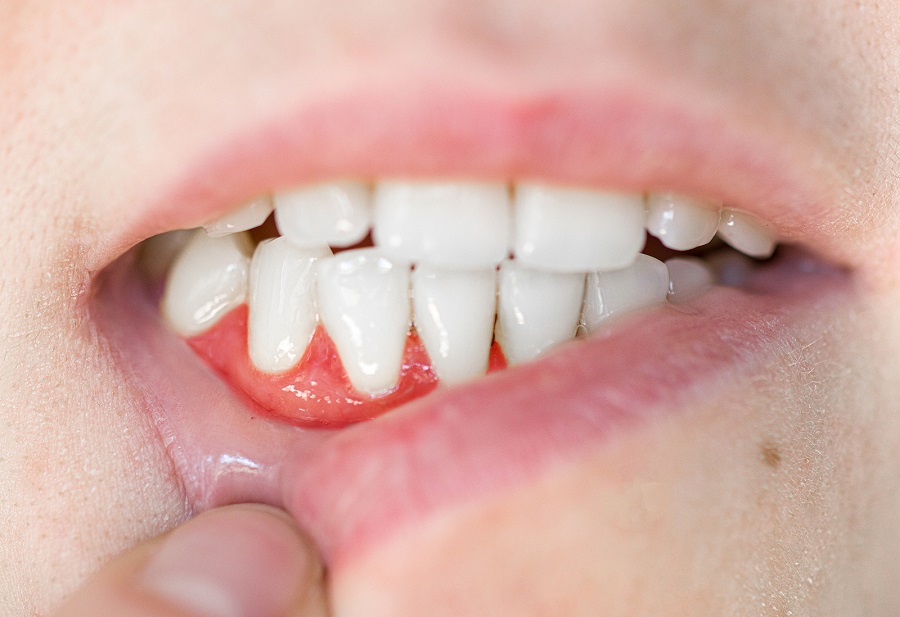Tooth extraction is a dental procedure where a tooth is removed from its socket in the bone. This is often necessary due to severe tooth decay, infection, gum disease, or trauma that cannot be repaired with other treatments. Extraction may also be required to alleviate overcrowding, particularly before orthodontic treatments like braces, or to remove impacted wisdom teeth that cause pain or complications. Depending on the complexity and patient needs, the procedure can be performed under local or general anesthesia. Post-extraction care is crucial to prevent complications like infection or dry socket, ensuring proper healing and maintaining overall oral health.
Signs You Might Need a Tooth Extraction
Severe Tooth Pain
One of the most common signs of needing a tooth extraction is persistent and severe tooth pain. This pain can be constant or occur when you chew, touch, or pressure the tooth. It often indicates significant damage or decay that cannot be repaired with other dental treatments like fillings or crowns.
Infection
A tooth infection, or abscess, is a severe condition that can lead to tooth extraction. Signs of an infection include swelling, pus, and a fever. Infections occur when bacteria invade the tooth pulp, causing inflammation and severe pain. If left untreated, the infection can spread to other body parts, making extraction necessary to prevent further complications.
Advanced Tooth Decay
When tooth decay becomes extensive and affects a large portion of the tooth structure, it might be too late for restorative treatments such as fillings or crowns. If the decay reaches the tooth's pulp, it can cause significant pain and infection, leading to extraction.
Gum Disease
Advanced periodontal (gum) disease can damage the tissues and bones that support your teeth, leading to tooth loosening. In severe cases, the affected teeth may need to be extracted to prevent further damage to the surrounding teeth and gums.
Impacted Wisdom Teeth
Wisdom teeth, or third molars, are the last teeth to develop. Often, they do not have enough space to emerge correctly and can become impacted, growing at an angle, or only partially erupting. Impacted wisdom teeth can cause pain, infection, and damage to adjacent teeth, necessitating extraction.
Overcrowding
Sometimes, teeth need to be extracted as part of orthodontic treatment. If your mouth is overcrowded, removing one or more teeth can create the necessary space to align your teeth with braces or other orthodontic devices properly.
Trauma or Injury
Teeth that are severely damaged due to trauma or injury may need to be extracted if they cannot be repaired. This can include teeth that are cracked, fractured, or broken beyond repair.
Non-Restorable Teeth
Teeth that have suffered significant structural damage or decay that cannot be restored with a crown, filling, or other restorative treatment may need to be extracted. This can also apply to teeth that have undergone root canal therapy but fail to heal correctly.
Preparation for Dentures or Implants
Sometimes, teeth may need to be extracted to prepare for dentures or dental implants. This is particularly common when planning full mouth reconstruction or replacing multiple missing teeth.
Persistent Bad Breath or Unpleasant Taste
Chronic bad breath (halitosis) or a persistent bad taste in your mouth can be signs of an infection or severe decay in a tooth. If other treatments do not resolve these issues, extraction might be necessary.
The Tooth Extraction Procedure
While routine, the tooth extraction procedure involves several steps to ensure a safe and comfortable experience for the patient.
Firstly, the dentist will administer a local anesthetic to numb the area around the tooth to be extracted. Sometimes, sedation dentistry may help patients relax during the procedure, especially for more complex extractions or anxious patients. Once the area is numbed, the dentist will use specialized instruments to gently loosen the tooth from its socket in the jawbone and surrounding ligaments.
Next, the dentist carefully removes the tooth from the socket with controlled and precise movements. In cases where the tooth is impacted or severely damaged, the dentist may need to make small incisions in the gum tissue or use additional tools to aid in the extraction process.
Finally, after the tooth is successfully removed, the dentist will provide post-extraction instructions and may place gauze over the extraction site to help control bleeding and promote clot formation. Patients will also receive guidance on aftercare practices to facilitate healing and prevent complications. Delivering these instructions can significantly contribute to a smooth and uneventful recovery process.
The Benefits of Tooth Extractions
- Alleviates severe tooth pain caused by decay, infection, or trauma.
- Prevents the spread of infection to neighboring teeth and gums.
- Addresses overcrowding issues to facilitate orthodontic treatments.
- Removes impacted wisdom teeth causing pain, infection, or damage.
- Treats severe periodontal disease by removing damaged teeth.
- Prepares the mouth for dentures, bridges, or dental implants.
- Resolves chronic bad breath or unpleasant taste associated with tooth decay or infection.
- Prevents further complications and promotes overall oral health and well-being.
Tooth extraction may seem daunting, but proper understanding and preparation can be a straightforward and beneficial procedure for maintaining oral health. Visit College Family Dentistry at 4616 Concord Ave, Baton Rouge, LA 70808, or call (225) 926-4640 to schedule your tooth extraction appointment.
Location
4616 Concord Ave,
Baton Rouge, LA 70808
Office Hours
MON7:00 am - 5:00 pm
TUE7:00 am - 4:00 pm
WED7:00 am - 6:00 pm
THU7:00 am - 4:00 pm
FRI7:00 am - 2:00 pm
SAT - SUNClosed
4616 Concord Ave,
Baton Rouge, LA, 70808
Phone: (225) 926-4640Text Us: (225) 926-4640







